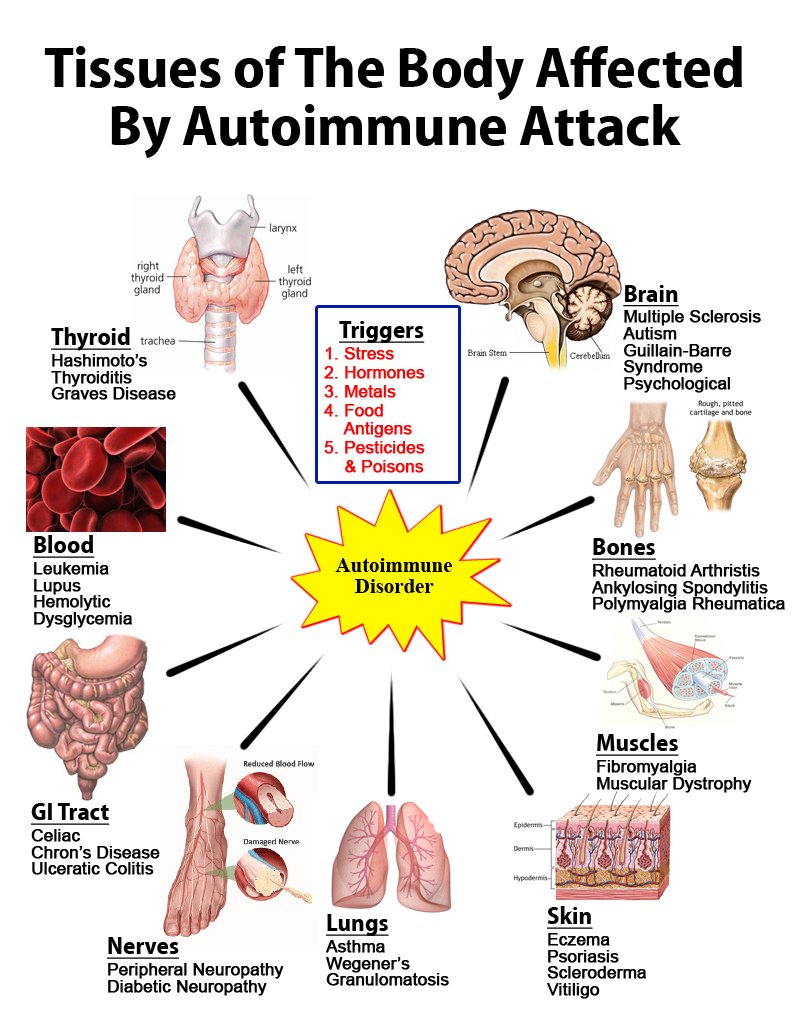Health
Molecular mechanism that may cause autoimmune diseases found
Tokyo, Dec 28 In an important step towards treating autoimmune diseases, researchers in Japan have discovered a new molecular mechanism that could explain the cause of some such disorders that result from a hyperactive immune system.
While the immune system is crucial for protecting the body from infection and disease, prolonged activation can damage healthy tissue.
After its activation, the immune system is shut off by specialised immune cells known as regulatory T cells (Treg cells).
Understanding the development of Treg cells is thought to be critical for combating autoimmune diseases.
"Autoimmune diseases are due to hyperactive immune systems. One cause is not having enough Treg cells. Understanding how this occurs is an important step towards treating autoimmune diseases," said Shimon Sakaguchi, Immunology Frontier Research Center (IFReC), Osaka University, Japan.
The development of Treg cells in the thymus depends on something called super-enhancer establishment that permits the expression of genes specific for the development of these cells.
"Super-enhancers appeared to be a pre-requisite for Treg cell development, so we sought molecules controlling super-enhancers," Sakaguchi added.
In a paper published in the journal Nature Immunology, the researchers reported that the molecule Satb1 regulates the super-enhancers essential for Treg cell development.
In mice lacking Satb1, the development of Treg cells was impaired and the mice showed symptoms of autoimmune disease, the study said.




































